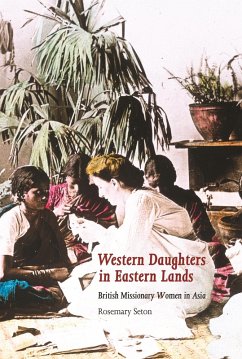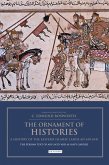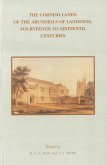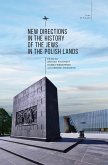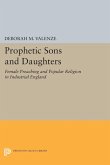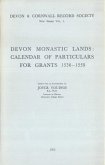This book provides a compelling narrative history of the experiences and achievements of female British missionaries in China, India, and Africa during the 19th century and first half of the 20th century-the first such account available.
Despite the fact that by the early 20th century female missionaries began to outnumber their male counterparts, there are few publications that document the contributions of women to the missionary movement against a backdrop of civil unrest, famine, and war. Western Daughters in Eastern Lands: British Missionary Women in Asia provides accurate and insightful information to rectify this glaring omission.
In this book, author Rosemary Seton draws upon memoirs, letters, diaries, and mission records to create a unique and fascinating history of the British women whose sense of vocation took them to the East. As most British missionary women of this period were Anglicans, Baptists, Congregationalists, and Methodists, the focus is upon Protestant missionaries; Catholics are also included, however. Through these sources, a clear picture of women missionaries emerges: their social background and motivation; their lives on the mission-field and their place in mission hierarchies; their selection and training; and their educational, evangelical, and medical work. The book concludes with an assessment of their achievements and impact on foreign societies.
Hinweis: Dieser Artikel kann nur an eine deutsche Lieferadresse ausgeliefert werden.
Despite the fact that by the early 20th century female missionaries began to outnumber their male counterparts, there are few publications that document the contributions of women to the missionary movement against a backdrop of civil unrest, famine, and war. Western Daughters in Eastern Lands: British Missionary Women in Asia provides accurate and insightful information to rectify this glaring omission.
In this book, author Rosemary Seton draws upon memoirs, letters, diaries, and mission records to create a unique and fascinating history of the British women whose sense of vocation took them to the East. As most British missionary women of this period were Anglicans, Baptists, Congregationalists, and Methodists, the focus is upon Protestant missionaries; Catholics are also included, however. Through these sources, a clear picture of women missionaries emerges: their social background and motivation; their lives on the mission-field and their place in mission hierarchies; their selection and training; and their educational, evangelical, and medical work. The book concludes with an assessment of their achievements and impact on foreign societies.
Hinweis: Dieser Artikel kann nur an eine deutsche Lieferadresse ausgeliefert werden.

